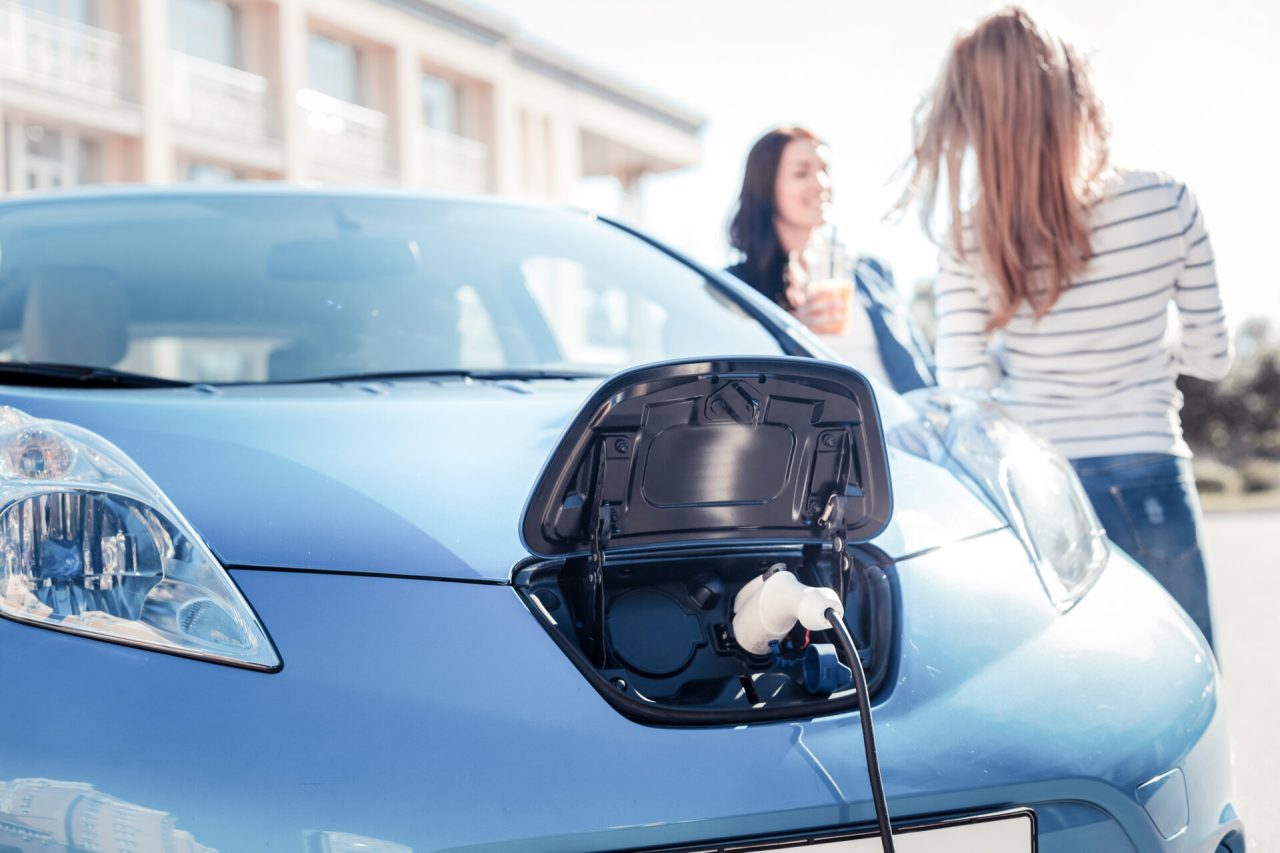How Long Does it Take to Charge an Electric Car?

You can charge an electric car in as little as 30 minutes. But the process can also take up to 12 hours.
It all depends on the size of the car’s battery, and on the speed of the charging point.
It also depends on how much charge is in the car to begin with. It would be highly unlikely that any driver would let their cars run until they’re empty. Most prefer to top up their charges whenever they can, as it doesn’t take as long as it does to charge an electric car from empty to full.
Understanding Electric Car Charging Points
Not all electric car charging points are the same. These are the most common types:
3.7 kW
7 kW
22 kW
43-50 kW
150 kW – Note that not all electric cars are compatible with this output.
Time to Charge Electric Car Formula
There’s a simple formula for estimating how long it would take to charge any electric car. Just divide the car’s battery size (kWh) with the charger power (kW) and you’ll get the charge time in hours.
For example, the Nissan LEAF has a 40 kWh battery. With a 3.7 kW “slow” charger, you can charge a LEAF in just under 11 hours. But with a 43-50 kW “rapid” charger you could charge it in an hour or less.
Meanwhile, a Tesla Model S has a 75 kWh battery. The 3.7 kW “slow” charger would take nearly two full days to charge this battery, while the 43-50 kW “rapid” charger could do it in around two hours. But the Tesla Model S happens to be compatible with the 150 kW rapid charger, which would achieve a full charge in less than an hour.
Charging At Home vs. Charging in Public
Remember – these figures relate to the amount of time it would take to charge the electric car from completely empty to completely full. But that’s not how most electric car owners charge their vehicles.
Most electric car owners practice “top up charging”. This means they try to charge whenever and wherever they park.
How Many Electric Car Charging Points in the UK?
There are nearly 20,000 electric car charging points in the UK. You’ll find them in car parks, at service stations, outside supermarkets and restaurants, and even on some high streets. These charging points usually offer between 7 kW and 22 kW charging power, meaning they could give most electric cars a pretty good charge in around half an hour.
But electric car drivers don’t really use these points with the intention of fully charging their car. They’re just topping up while they visit the shops, a restaurant or at work, to prevent their battery from running dry.
Instead, most electric car owners do the bulk of their charging at home. They plug their car in overnight and wake up to a charged car each morning. To account for the long charging periods, home charging points tend to have a lower charge power than public charging points.
Is An Electric Car Right For Me?
Electric cars tend to have lower running costs than petrol, diesel, or hybrid cars, as charging with electricity will always cost less than charging with fuel.
However, electric cars cost a lot more upfront – even when you take into account the various government grants that are available. There are some cheaper electric cars available, but they usually don’t offer a very good range in miles.
Although not vital, it also helps to be a homeowner if you want to drive an electric car. As we’ve seen, most electric car owners charge their cars overnight, at home. This requires installing a charging point in your home, and some landlords may not allow you to install one of these in a rental property.
This means that electric cars may not be an obvious first choice car for young drivers due to the higher upfront cost and having to install a suitable charging point at home. However, an electric car could be cheaper to run then a petrol or diesel car.
Electric, Diesel, Petrol or Hybrid?
So if you’re not ready for an electric car, what sort of car should you choose?
Take a look at our infographic that weighs up the pros and cons of petrol, diesel, hybrid and electric cars.
And if you are a budget-conscious young driver, you’ll want to save money wherever you can. You can make savings on the cost of car insurance through getting covered by an insurer who understands your needs as a young driver.
At Go Girl, we specialise in giving young drivers the insurance they need, for less. Head here to learn more about our dedicated young driver insurance, and get in touch to get a free quote and instant cover in minutes.






